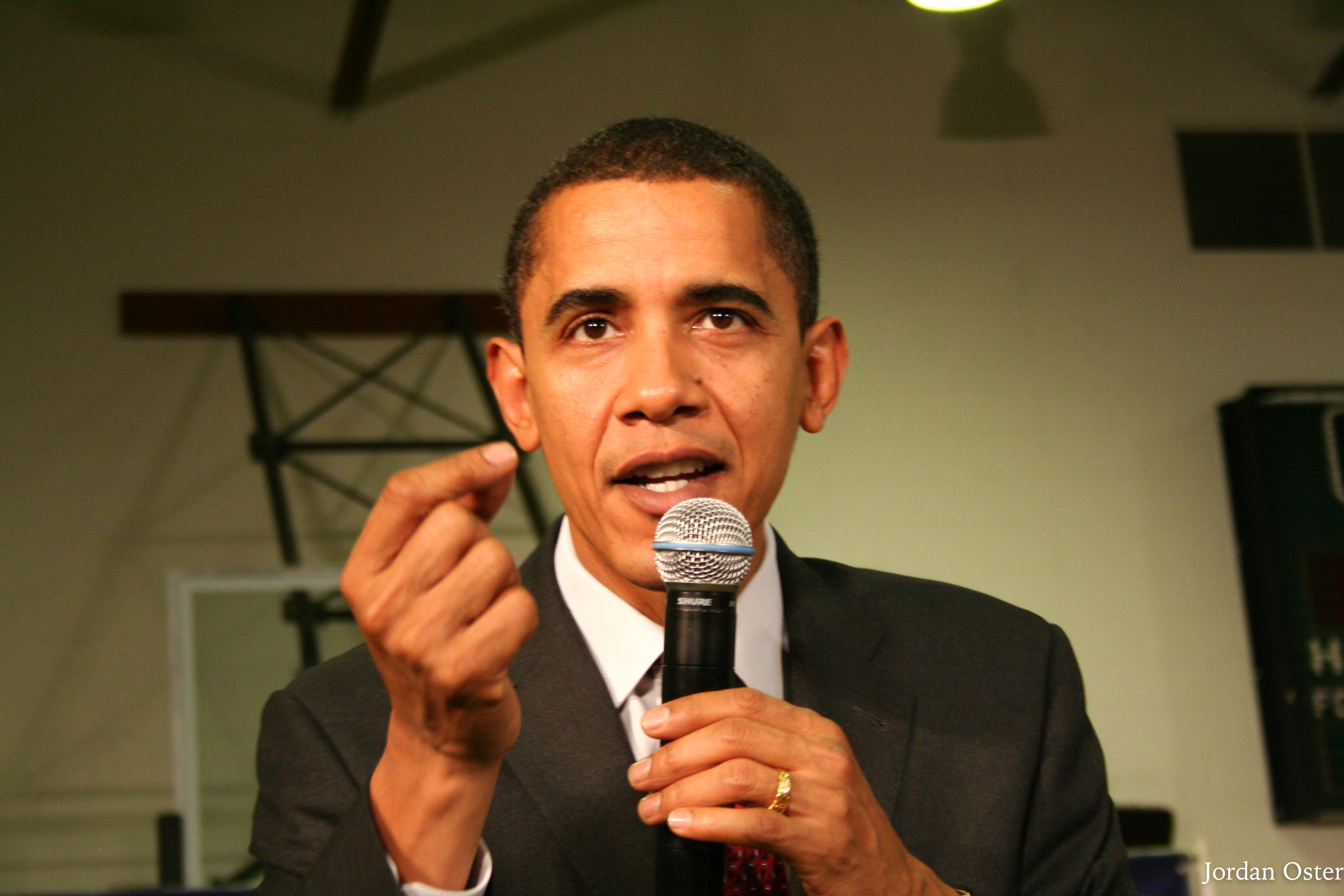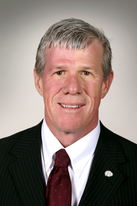I read the Des Moines Register's write-up on Tom Tancredo's visit to NW Iowa in the Sunday edition, and I think it's time for reporters covering Tancredo to go beyond reporting his outrageous claims and ask him to provide some evidence to back them up.
We've known for a long time that Tancredo is a one-trick pony, playing on the right wing's resentment against Spanish-speaking immigrants, fanned by the conservative hate radio machine.
But I hadn't realized before reading this article that Tancredo actually blames immigrants for every problem plaguing America. Tancredo seems to think the main problem in our education system is the hordes of illegal immigrants whose children flood our schools. Nowhere in the article do I see a hint that a reporter asked him about what percentage of our school districts serve a significant population of illegal immigrants.
Here's Tancredo talking about health care, channeling Moe Siszlyak of The Simpsons (“I knew it was the immigints! Even when it was the bears, I knew it was the immigints!”):
Tancredo touted his support for “market-place competition” in health care and personal health savings accounts, but added that “were we to deal with the illegal immigration problem, we could significantly reduce our costs for health care.”
Really? Illegal immigrants are a significant reason that the US is spending 14 percent of our GDP on health care? Again, I see no sign that a reporter has asked Tancredo or a Tancredo staffer to provide evidence backing up this claim.
Tancredo linked immigration to our environmental problems, since immigration is largely responsible for our population growth:
“If we continue on this path, there will be a billion people here by the end of the century,” Tancredo added. “And if there are, what do you think that does to our environment? Americans consume more and produce more waste than anybody else. If you're worried about the environment, why aren't you worried about the fact we are bringing in millions and millions of people?
Kind of interesting to see this conservative, anti-choice Republican so concerned about population growth and U.S. consumption. Did the Register's correspondent ask Tancredo whether he has ever sponsored legislation aimed at reducing the amount of waste produced by American consumers?
Also, his population numbers seem way off. What credible source has predicted that the U.S. population will hit 1 billion by the end of this century?
The last straw for me was this passage:
Tancredo touched briefly on what he said was the increased number of vaccine-resistant diseases being introduced into the United States from other countries, then forged ahead to what he said is illegal immigration's impact on national security.
This is loathsome propaganda designed to dehumanize immigrants among the Republican electorate. Maybe the reporter or the DM Register's editors think that “what he said was” is sufficient to suggest to the reader that Tancredo's claim might not be true. But this was crying out for a follow-up by the correspondent–what vaccine-resistant diseases is Tancredo talking about? Are there any?
Did the Register contact the Centers for Disease Control to verify this claim?
Come on, campaign trail reporters, be more than stenographers.
UPDATE: Don at Cyclone Conservatives attended Tancredo's Sioux City immigration forum on Saturday and loved what he heard from Tancredo and his Iowa campaign director, Bill Salier.
Continue Reading...



